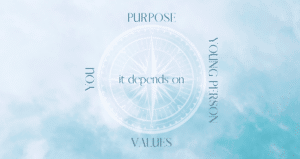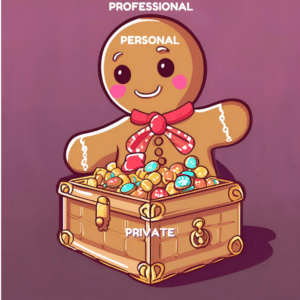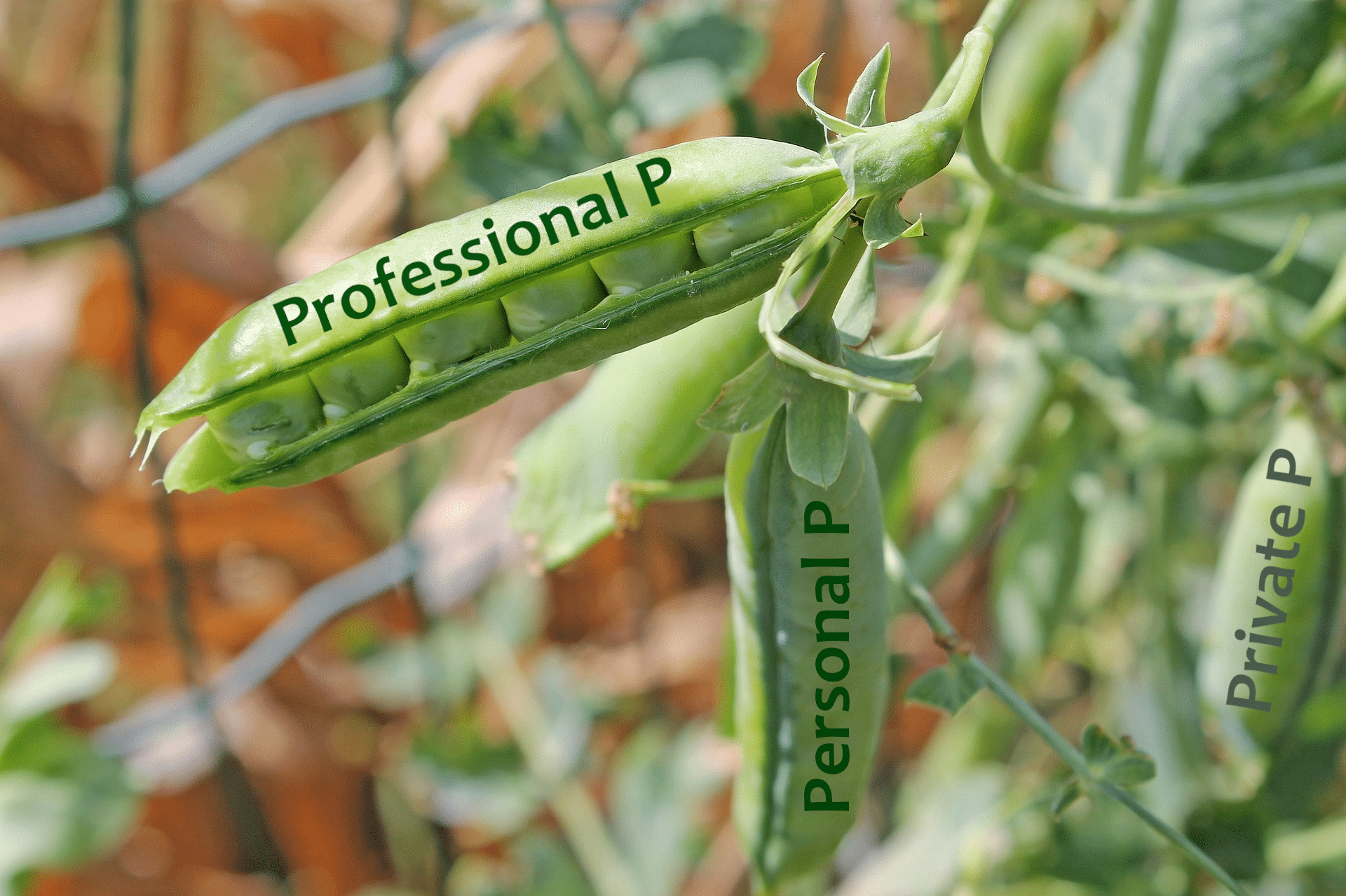Relational Practice: Using the 3 Ps to be authentic
Key Learning from the programme
If we are to build relationships with care experienced young people that demonstrate values such as empathy, trust, reliability and kindness – areas young people tell us are important to them – then we need to bring these values to life in a way that is authentic. Our Haltung – the extent to which we convey these values in our interactions – requires that we show up as real human beings, as more than just a professional with the right kind job title and a nice badge on a lanyard. So how can we engage in humanising relationships rather than transactional ones? How can we show that relationships have inherent value and significance, that they aren’t merely a means to an end?
One of the challenges for practitioners is often what’s perceived as narrow organisational boundaries around what it means to be professional, leaving little room for relationship-centred practice. Showing care and connection can then feel like ‘going the extra mile’ when it should actually be ‘going the first mile’. It is inarguable that professional boundaries are critical to ethical and safe relational practice. And yet, they need to create space for professionals to be authentic, real human beings too and to make contextual decisions about how they can bring personal aspects into these relationships. That’s where the 3 Ps model can help.
The Resource:
The 3 Ps is a Danish social pedagogical concept differentiating between 3 aspects of who we are: the Professional Self, the Personal Self and the Private Self.
The Professional Self entails all aspects connected to our professional identity, specific knowledge and expertise relevant to our professional role, including relevant interdisciplinary theory and research, insight into legal frameworks, professional codes of ethics, policies and procedures, and any related interpersonal and methodological skills that support us in undertaking our work to a high professional standard.
The Personal Self recognises that many of our own values, life experiences, interests and personal qualities have the potential to support our professional objectives, because they can increase the quality of support and improve relationships at a human level. The Personal Self enables us to be authentic and human, to share something about who we are in order to make the relationship more equal, reciprocal and meaningful.
The Private Self refers to life aspects, interests or experiences we would only share with those closest to us (e.g. trusted family members and friends) and would otherwise keep to ourselves. This includes both things that are irrelevant for practice, might feel too sensitive to us or might relate to experiences that are too raw and unprocessed to include in the Personal Self. Not only is it okay that we keep some aspects of ourselves private, it can also be important to role-model this as part of relational practice: each person has the right to privacy, and each person has the right to make slightly different decisions about what they might feel comfortable sharing within the context of any given relationship. So we might share more of ourselves in an established and trusting relationship than we would with someone we’ve only just met.
Overall, the 3 Ps helps us complement the Professional Self with the Personal Self in order to build authentic relationships, whilst the Private Self ensures that relational practice isn’t unboundaried. By deciding what to share and what to keep private, we can determine where we draw the boundary in ways that are professionally informed. The boundary decisions we make to ensure we’re authentic will depend on various factors:
- YOU: Who are you and what are you comfortable sharing in order to be authentic?
- YOUNG PERSON: What’s your relationship with the young person and what might you share to support the development of your relationship?
- VALUES: What values are important to bring to life in the relational context and how can you do this?
- PURPOSE: What is the professional remit and what might you need to bring into the Personal Self to ensure your relationship reflects this purpose?

For instance, if you are care experienced yourself, then sharing some of your own experiences (provided you have processed them) might be hugely beneficial in helping a young person feel genuinely understood. However, it’s also possible that it might not be helpful. Whether to make this part of your Personal Self or keep it in your Private Self depends on your reflections on these four pointers on the compass:
- YOU: Are you ready to share your own experience? What are your reasons for doing so? Are you prepared for this being known by others, to be asked questions about this?
- YOUNG PERSON: Who are you happy to share this experience with and at what point in the relationship? The answer might be different, depending on who the other person is.
- VALUES: How might sharing your own care experience connect to relational values you hold dear, such as honesty, empathy, trust, privacy? Will sharing this be congruent with your personal and your professional values?
- PURPOSE: How might this connect to your professional purpose? What are you hoping to achieve by sharing your experience? How do you expect this to benefit the young person? Remember that this is about the benefit to them, rather than the benefit to you (wanting the young person to like you better would be about your private need to be liked).
Furthermore, it is important to keep in mind that each person’s experience is unique and that we can therefore never fully know what it might have felt like to someone else to have gone through a similar experience. There are also wider contextual factors to consider for each pointer on the compass, such as your team’s approach in this respect, your organisation’s policies as well as the broader socio-political context. That’s where the 3 Ps can help spark conversations around meaningful boundaries that enable authenticity and purposeful relationship-building.
The 3 Ps isn’t limited to helping us work through what difficult experiences to share though. In the following short video, Emily York and James Blyth from The Mighty Creatives give a few examples of how they are using the 3 Ps in their relational practice as creative mentors for care experienced young people and show why it can be such a powerful concept.
How might you use this resource?
You can use the 3 Ps in three ways:
- For self-reflection on which aspects of yourself you might be happy to share, why these might be professionally relevant and how they might benefit the relationship.
- To reflect on these aspects as a team in order to better understand how you can support each other in being authentic.
- To explore issues around privacy and relational boundaries with a young person. Whilst they might not have a Professional Self in the narrowest sense, they will be aware of information about them held by professionals (and shared with other professionals), any personal aspects they might like to share with you so that you can build a meaningful relationship, but also the things they have the right to keep private or share with you later on in the relationship. This could also spark a wider conversation about what they share with whom and the extent to which a private social media post might be very public. So you could explore what kind of information about them they are happy to make their Public Self (and the implications of that), what might be part of their Personal Self (shared with people they have a trusting relationship with) and what kinds of things they might like to keep in their Private Self.
Importantly, working relationally requires good support from colleagues and good supervision that enables us to sense-check how we can best bring our Personal Self into relational practice. It also ensures that we’re supported if anything affects our Private Self. You need to be prepared that anything you might bring into the Personal Self might not be received in the spirit you hope it will be and might make you more vulnerable than not sharing it. But ultimately, being authentic and building relationships requires some vulnerability if the relationship is meant to be meaningful and trusting: We entrust the other person to treat our vulnerability with care, and this experience in turn strengthens trust. The 3 Ps therefore give us an opportunity to show how we can grow trust and that this is a two-way process between both us and the other person.
Some ideas for action:
- It’s a good idea to start by reflecting on your own 3 Ps. What are your interests, life experiences and values that you are eager to bring into the personal? How do these connect to your professional self (your role, professional purpose, professional aims)? How can you ensure that you keep important / irrelevant aspects of your self private? What support might you need to make this distinction well and to keep reflecting on how you’re using the 3 Ps?
- Test out the 3 Ps on a specific practice scenario that can sometimes cause disagreement, e.g. what constitutes a healthy diet, smoking, alcohol consumption, and explore this from a professional, personal and private perspective.
- Could you include the 3 Ps in your current organisational processes, e.g. in supervision, team meetings or even in job interviews?
- Have a conversation within your team about what being authentic means to each of you. To facilitate this, you can do the following activity: Form small groups and ask each group to draw a gingerbread person. On the outside write down all the things associated with the professional self. On the inside write everything that should form part of the personal self that we encourage team members to bring into practice. Then add a treasure box or a padlock inside the gingerbread person and write in it what should stay private. The activity always sparks a lot of interesting discussion and an opportunity to have a clearer team approach.

Where can you find out more?
For more on the 3 Ps, please visit ThemPra’s website.
More details about relationship-centred practice and making relationships ‘the first mile’ rather than ‘the extra mile’ can be found on the Relationships Project’s website.
The importance of being authentic is also explored here:
- Breaking the Boundaries Collective – A Manifesto for Relationship-based Practice
- Feelings of (in)authenticity in social work – a potential guide for ethical practice?
For more on considerations around sharing your own care experience, you can watch this webinar with Siobhan Maclean, read this blog on the Children’s Commissioner website and this review of Insiders Outsiders: Hidden Narratives of Care Experienced Social Workers.
Below you can watch the recording of our webinar accompanying this blog.
This blog is part of a series of resources drawing on the peer learning programme and containing young people’s views, evidence and case studies of why working relationally is important for practice with care experienced young people.
